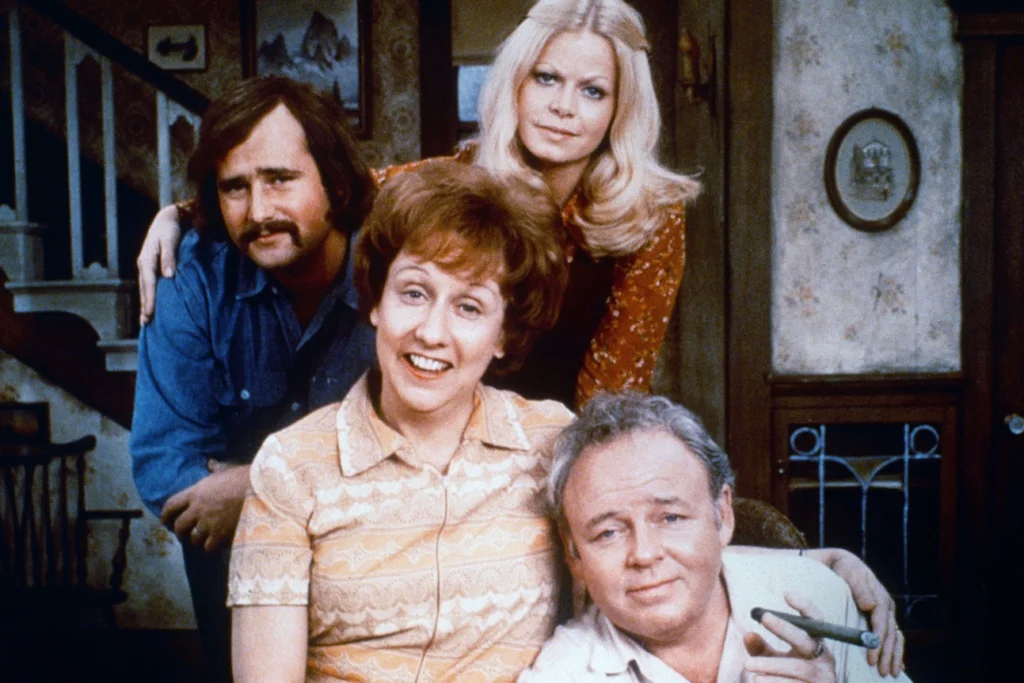1. All in the Family – “Sammy’s Visit” (1972)
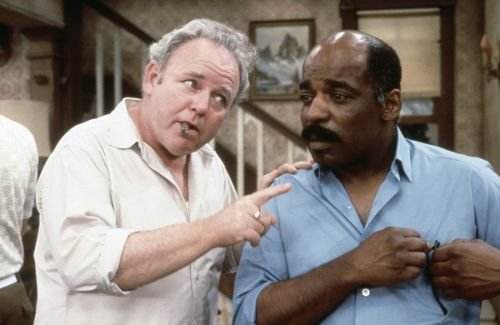
This episode brought in none other than Sammy Davis Jr. as a guest star, and while the final kiss with Archie Bunker is often remembered, the rest of the episode sometimes fades into the background. Watching Archie stumble and squirm while trying to impress a celebrity he secretly admires is a great reminder of just how sharp the writing was.
The humor comes from Archie’s blatant awkwardness, but the message runs deeper. It’s a snapshot of how sitcoms in the ’70s weren’t afraid to play with uncomfortable social dynamics. That blend of comedy and commentary makes it worth revisiting, even if audiences mostly remember the final shocking gag.
2. The Mary Tyler Moore Show – “Chuckles Bites the Dust” (1975)
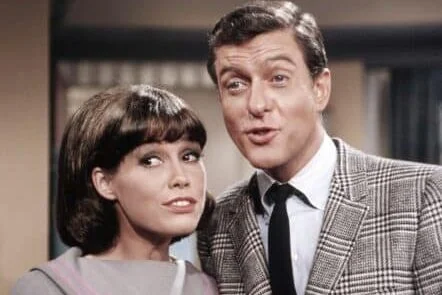
Often hailed as one of the greatest sitcom episodes of all time, it’s surprising how often people forget the details of it. The station clown, Chuckles the Clown, dies in a bizarre accident, and the newsroom struggles with how to react.
What makes this episode shine is Mary’s journey from judgment to breakdown. She scolds everyone for laughing, only to burst out in hysterics at the funeral. It’s a perfect study of human grief wrapped in comedic timing, and it’s one of those episodes that still feels fresh today.
3. Mork & Mindy – “Mork’s Mixed Emotions” (1979)
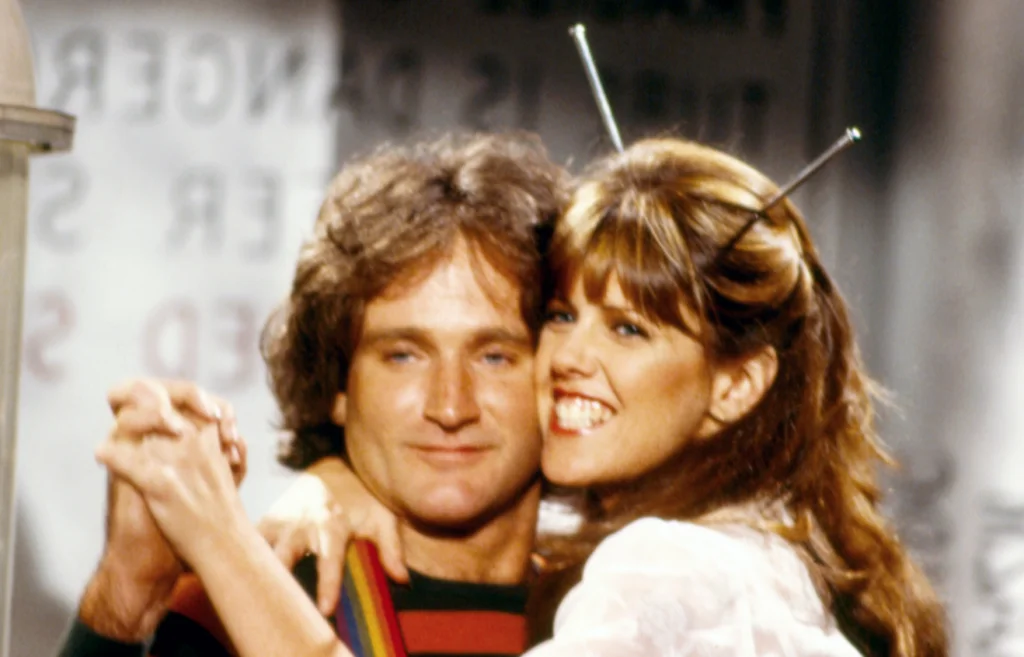
Robin Williams’ improvisational energy made almost every Mork & Mindy episode unforgettable, yet this particular one slips under the radar. In it, Mork struggles to deal with human emotions all at once after accidentally letting them out of his “emotional egg.”
The episode takes the goofy alien premise and turns it into something touching. Watching Mork wildly swing between laughter, rage, sadness, and love shows off Williams’ comedic range but also makes us reflect on how complicated feelings really are.
4. Good Times – “The Big Move” (1976)
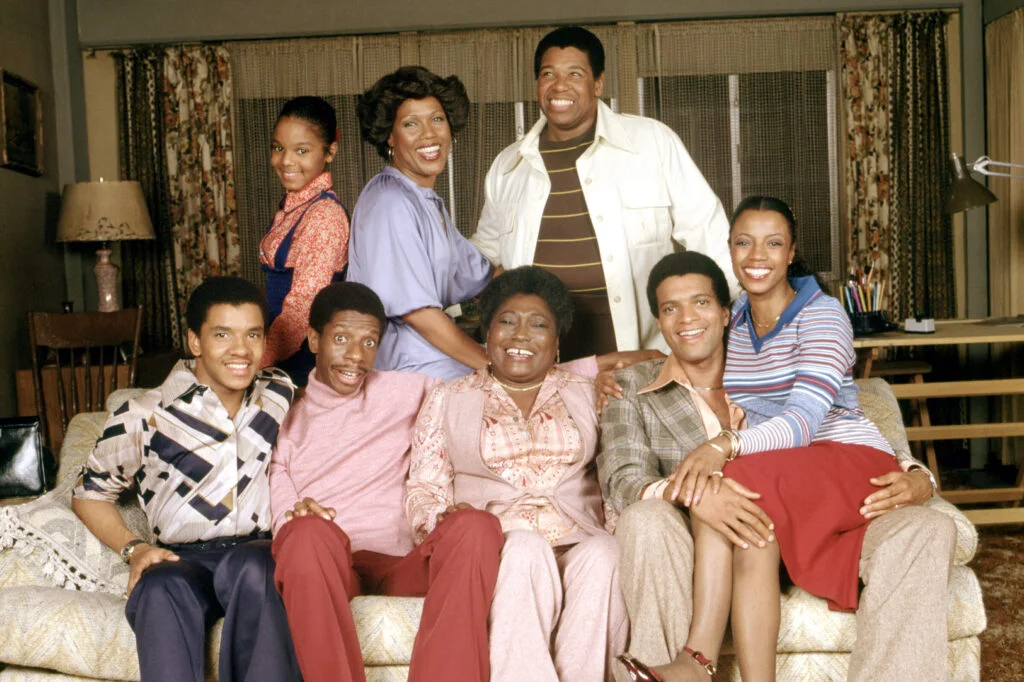
Many fans remember the serious “very special episodes,” but this lighter one about the Evans family nearly moving out of the projects often gets overlooked. The family imagines what life could be like outside their apartment, only to be disappointed when things fall through.
The bittersweet mix of hope and frustration feels authentic. It’s one of those episodes where you root for them, laugh with them, and ultimately feel their heartbreak when reality sets in. That push and pull made Good Times so relatable.
5. Happy Days – “Fonzie Loves Pinky” (1976)
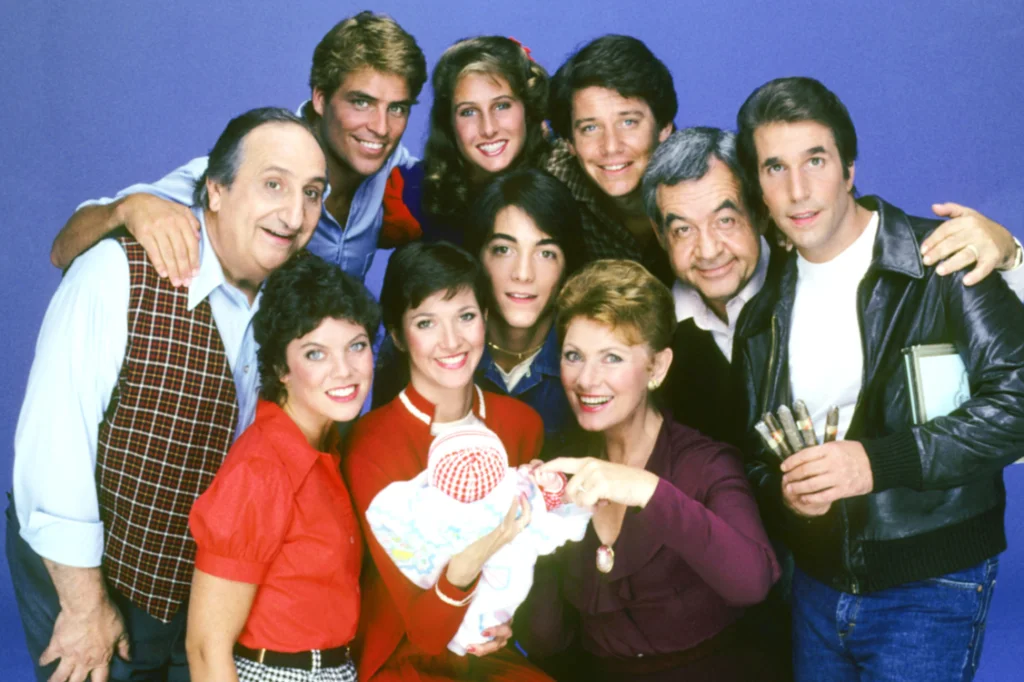
Most people remember the later years when the show became more outrageous, but this two-parter with Fonzie and Pinky Tuscadero tends to be forgotten. It’s a mix of romance, comedy, and daredevil antics, complete with Fonzie entering a demolition derby.
What makes it memorable is how it digs into Fonzie’s softer side. He’s usually the unflappable cool guy, but here we see him vulnerable, smitten, and willing to take risks for love. It’s a glimpse at the depth behind the leather jacket.
6. Maude – “Maude’s Dilemma” (1972)
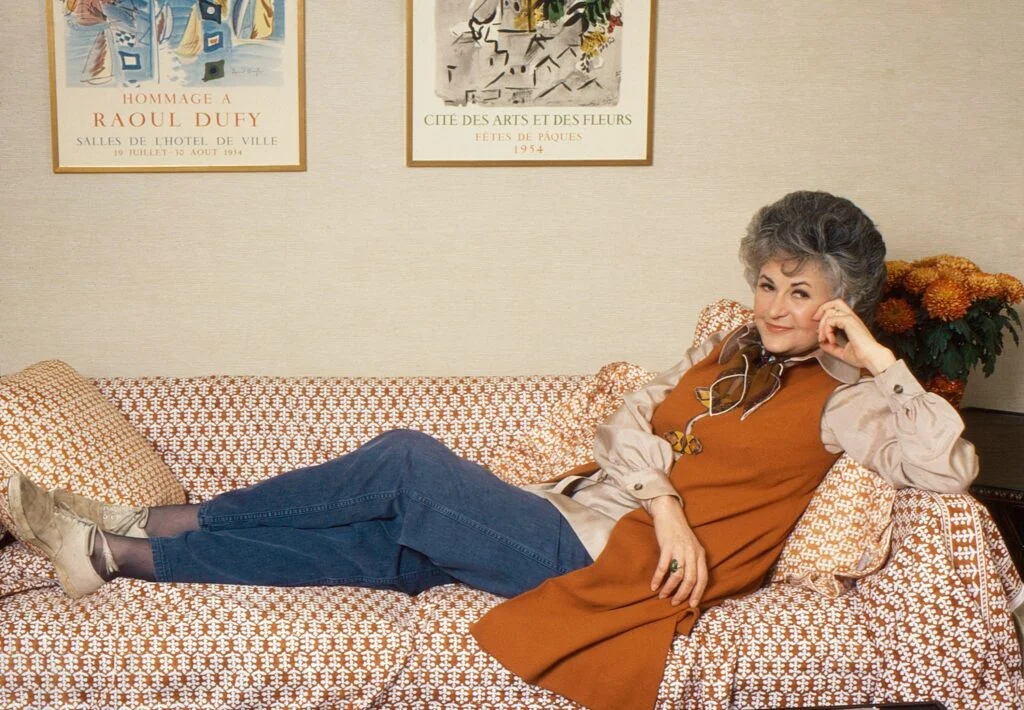
This was one of the most controversial sitcom episodes of the decade, yet people often forget just how bold it was. Maude finds herself unexpectedly pregnant and decides to have an abortion—a storyline almost unheard of on TV at the time.
While the subject was serious, the writers managed to treat it with respect while still keeping Maude’s sharp wit intact. It’s a moment in TV history that showcased how sitcoms could take on heavy issues and still remain true to their characters.
7. The Jeffersons – “Once a Friend” (1977)
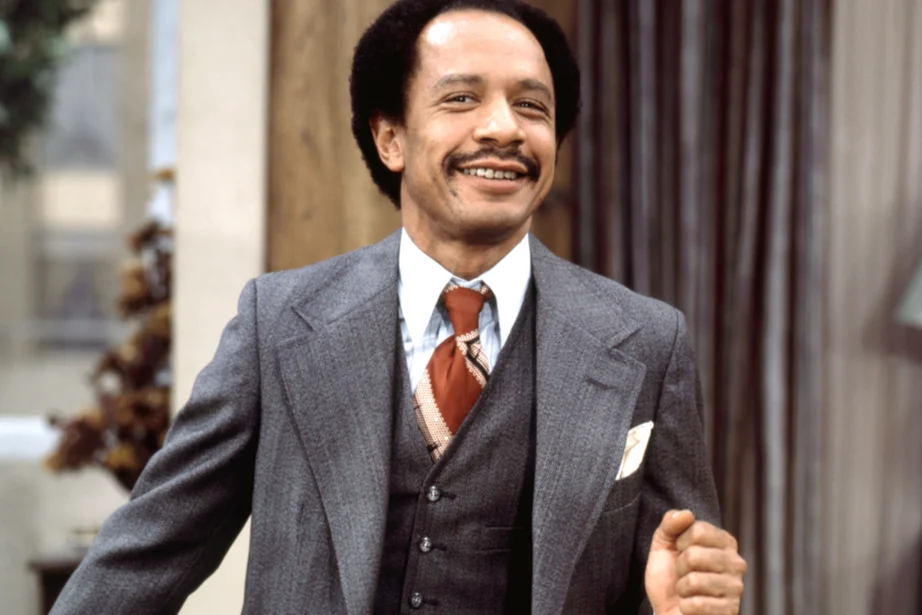
In this groundbreaking episode, George Jefferson runs into an old Navy buddy, only to discover that his friend has since transitioned. It was one of the first times a primetime sitcom featured a transgender storyline.
The humor comes from George’s over-the-top reaction, but the episode deserves more recognition for its progressive edge. It didn’t solve every issue, but it cracked open doors for conversations about identity and acceptance.
8. Barney Miller – “Hash” (1976)
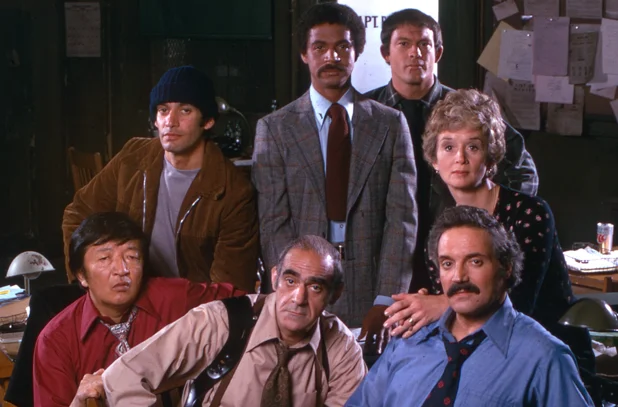
This is a fan favorite for those who remember it, but casual viewers often overlook it. The squad accidentally eats brownies laced with hash, leading to a hilariously mellow shift at the precinct.
What makes it special is how the humor doesn’t come from mockery but from genuine character reactions. Each officer reacts differently, and it’s a clever way to see their personalities in a new light. It’s silly, but it’s also classic Barney Miller.
9. Rhoda – “Rhoda’s Wedding” (1974)
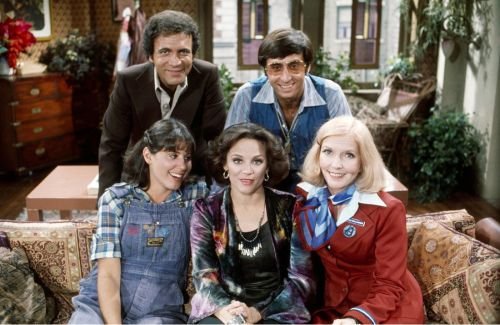
This was one of television’s biggest events at the time, yet many younger fans forget it happened. Rhoda Morgenstern finally found her happily-ever-after with Joe, and the two had a heartfelt wedding surrounded by friends and family.
The joy was real not just for Rhoda but for viewers who had rooted for her since her days with Mary. Seeing her walk down the aisle was a cultural moment that proved sitcoms could have big, emotional payoffs without losing their humor.
10. Welcome Back, Kotter – “The Fight” (1976)
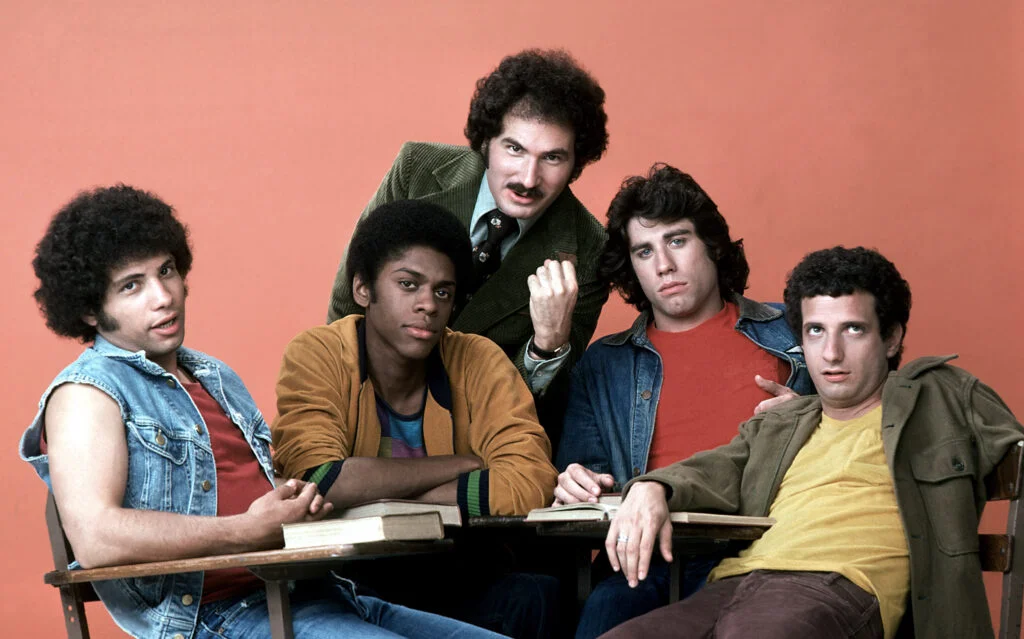
This episode pits the Sweathogs against each other when Barbarino and Epstein get into a serious fight. Usually played for laughs, their friendship suddenly looks fragile.
The shift in tone makes the humor hit differently. It’s not just about classroom antics anymore—it’s about loyalty, conflict, and the way teenagers handle pride. It’s one of those episodes that gave the show more depth than people might expect.
11. Taxi – “Paper Marriage” (1979)

Louie De Palma, played brilliantly by Danny DeVito, marries Zena in this offbeat episode. The twist, of course, is that it’s not out of love but out of Louie’s desperate desire to hold onto her.
It’s cringeworthy, funny, and sad all at once. Watching Louie’s vulnerable side peek out from behind his obnoxious persona is what makes it so memorable. The episode doesn’t always get the credit it deserves for showing a different layer of the character.
12. WKRP in Cincinnati – “Turkeys Away” (1978)
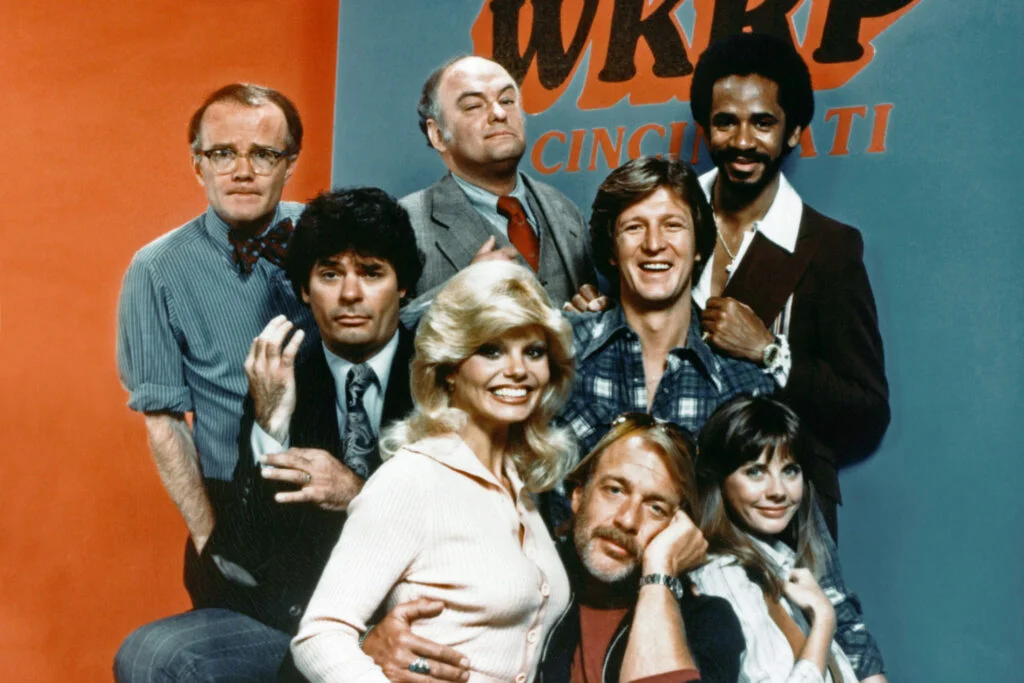
This is the episode that longtime fans cherish, but casual viewers may not know by name. It features the infamous Thanksgiving promotion where live turkeys are dropped from a helicopter—only to end in disaster.
The comedy builds up slowly, with the final payoff being Les Nessman’s panicked play-by-play report. The absurdity of it all makes it unforgettable, and yet it’s often rediscovered by audiences who missed it the first time around. It’s a perfect example of how far sitcoms could push the line between the believable and the ridiculous.

